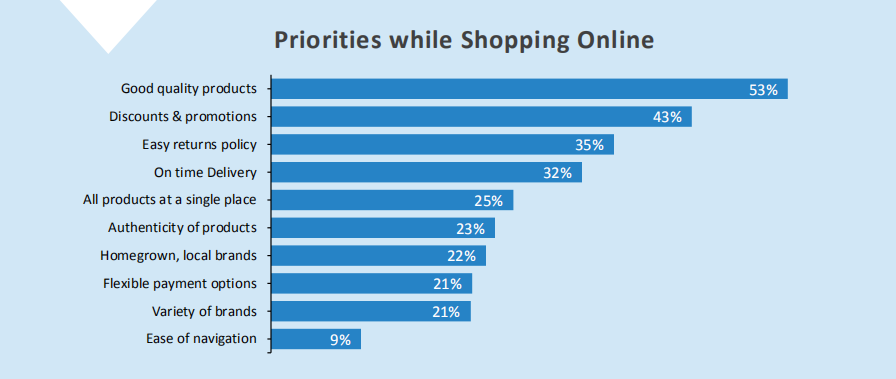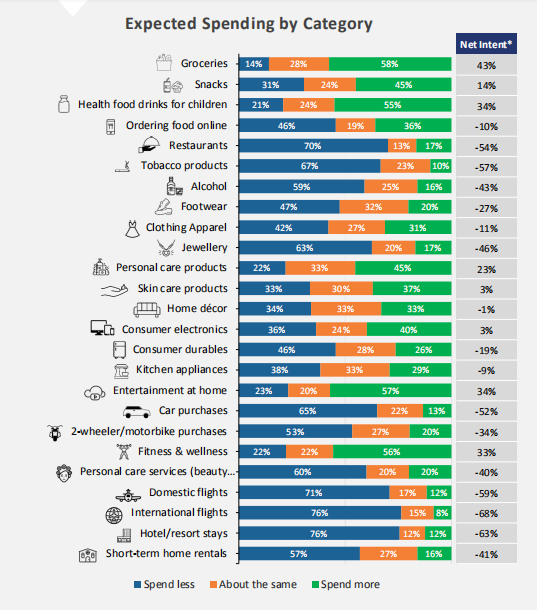Mumbai, India – It is safe to expect that with digital platforms now tightly weaved into peoples’ lifestyles, ads on such type of media must be enjoying a high level of trust among viewers, but a study by Nielsen shows just otherwise – where traditional media still reigns supreme, at least with Indian viewers.
The study, which was commissioned by the Advertising Standards Council of India (ASCI) and the Indian Society of Advertisers (ISA), found that ads on traditional media continue to enjoy a high trust among Indian consumers where an average of 84% of consumers find ads to be credible across newspapers, TV, and Radio, while text or SMS ads were shown to be the least trusted at 52%.
This comes as no surprise as TV also emerged to be the top medium for consumption of ads with 94% of consumers, followed by digital (82%), print (77%), and radio (29%).
Meanwhile, looking into sectors, those advertisements from educational institutions received a very high level of trust at 82%. The report noted that the finding may be due to cultural factors, where Indians have a strong belief in education as a means to secure their future.
Ironically, ASCI found that a significant portion of misleading ads come from the education sector.
ASCI’s job of monitoring the education sector is even more crucial, given these findings. In India, the poorest of people prioritize education spends over other necessities. Most educational institutions promise job guarantees or make false claims of being the No. 1 or guaranteeing 100% placement without any objective data or evidence. We are doing our best to make sure that such false advertising is removed from the market.
Manisha Kapoor, Secretary General, ASCI
The sector of home care products such as detergents and mosquito repellents also acquired high trust levels, where on the other hand, those ads from real estate brands were among the least trusted by consumers.
Turning the focus on consumers, in terms of taking action when they see a misleading or offensive advertisement, the study found that about a third of consumers are likely to discuss this with their family and friends, with another third making the move through a post on social media; however, almost 30% of consumers do not take any action.
Kapoor said, “I thank ISA for being a joint convener of the Trust in Advertising study. ASCI feels responsible for not only maintaining consumer trust in advertising but also guiding brands to advertise honestly and impactfully. Consumer trust and brand reputation are some of the most valuable assets an organization owns, and honest advertising is key to building brand value over the long term.”
Sunil Kataria, chairman of the ISA, said, “Brands are built on the back of long term communication with consumers and audiences. It is in the advertisers’ own self-interest to make sure that all communication is honest and truthful, so consumers can trust advertising messages, and thereby, brands.”
In September, ASCI announced that it has expanded its monitoring of misleading claims to include digital ads. The regulatory has also earlier released its official COVID guidelines for advertisers.
The study was conducted with people across age groups in 20 centers in India, including metros, smaller towns, and rural areas.




